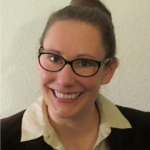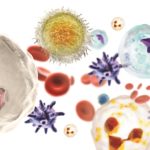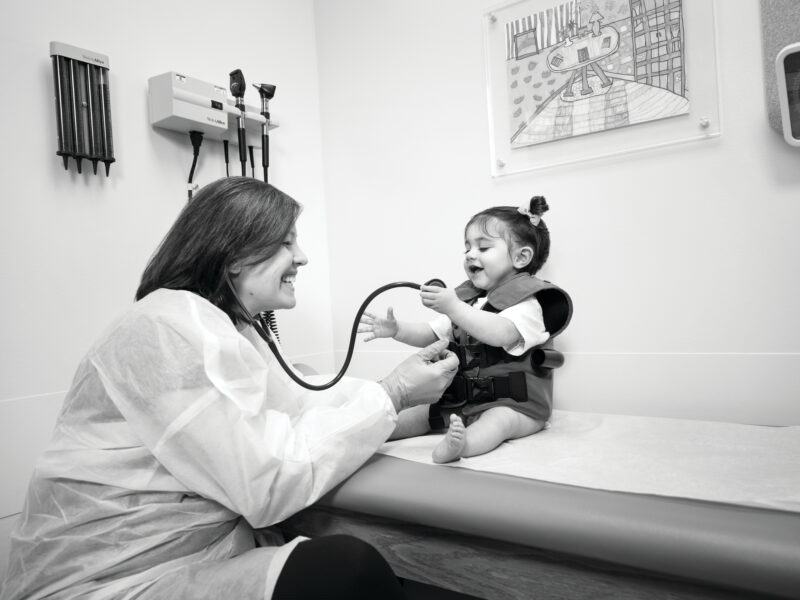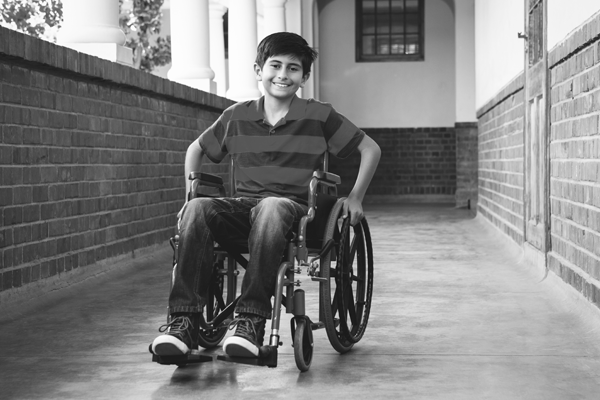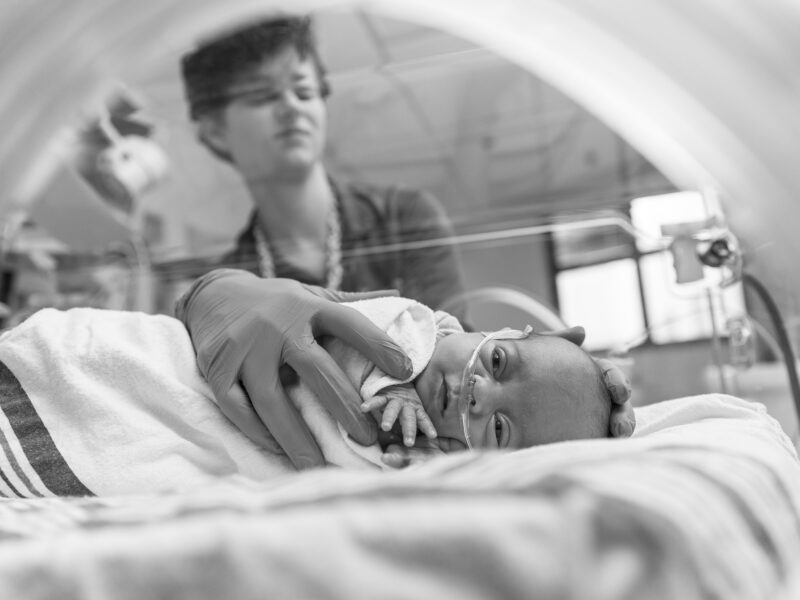Comprehensive Care Model and Integrated Sickle Cell Disease-Pulmonary Clinic Improves Access and Outcomes
Comprehensive Care Model and Integrated Sickle Cell Disease-Pulmonary Clinic Improves Access and Outcomes https://pediatricsnationwide.org/wp-content/uploads/2021/03/AdobeStock_104336092-1024x683.jpg 1024 683 Jessica Nye, PhD Jessica Nye, PhD https://secure.gravatar.com/avatar/?s=96&d=mm&r=g- May 01, 2023
- Jessica Nye, PhD

A comprehensive care model which incorporates pulmonology services in the sickle cell disease (SCD) clinic aims to reduce access barriers and improve outcomes.
“Our sickle cell clinic at Nationwide Children’s Hospital used to see patients just for their comprehensive [sickle cell] care. One of the biggest morbidities and causes for mortality in patients with SCD is lung complications. So, in 2014, we started a combined sickle-pulmonary clinic where the pulmonologist came to our hematology clinic with a respiratory therapist to see our patients,” says Susan E Creary, MD, MSc, a pediatric hematologist and principal investigator in the Abigail Wexner Research Institute at Nationwide Children’s Hospital.
Since 2014, the SCD clinic has been developing this comprehensive care model and combined clinic. Currently, the comprehensive care model includes 3 nurse practitioners, 2 nurse clinicians, one social worker, one psychologist, one genetic counselor and one school liaison who deliver care at least biannually and the combined SCD-pulmonary clinic comprises 2 pediatric pulmonologists and one respiratory therapist who provide respiratory care twice a month.
A study published in Journal of Pediatric Hematology/Oncology about this comprehensive care clinic describes outcomes of the children with SCD aged 0-21 years who have been evaluated at the combined SCD-pulmonary clinic.
Between February 2014 and December 2020, 145 patients with SCD had at least one visit. These patients were aged median 10.1 (IQR, 6.4-15.1) years, 51.0% were girls and 94.8% were Black.
At their initial SCD-pulmonary visit, 117 patients underwent pulmonary function testing (PFT). Most (68%) had normal spirometry whereas 21% had obstructive and 10% restrictive deficits. Among patients with abnormal results, 27% had never undergone PFT.
“Pulmonary disease in the sickle cell population is under recognized and undertreated,” says Michelle Gillespie, MD, a pediatric pulmonary fellow at Nationwide Children’s and coauthor of the study. “I think with the SCD-pulmonary clinic, we are getting these patients seen and getting their pulmonary conditions better treated and better managed. It’s a really good opportunity for the patients and the providers to provide better care.”
In addition to PFT, a polysomnogram (PSG) was ordered for 38 patients who were found to have significantly decreased rapid eye movement sleep (67%), obstructive sleep apnea (21%) and prolonged sleep latency (19%). As with PFT, most patients with abnormal PSG outcomes had never been screened (60.5%).
“Overall, we found that the SCD-pulmonary clinic was associated with an improvement in a variety of different outcomes, including an increased number of people who were diagnosed with asthma, a reduced number of patients who were prescribed systemic steroids and fewer hospitalizations. We also saw a reduction in the patient no-show rate and there was better collaboration between hematology and pulmonary providers. We thought overall, these outcomes were supportive of this model,” says Dr. Creary.
“It’s really important for us to keep improving and keep thinking about how we can better serve this population and get better care to them. I’m excited about the work that we’re doing and about the care model that we’ve been able to implement,” concludes Dr. Gillespie.
Reference:
Pugh C, Zeno RN, Stanek J, Gillespie M, Kopp BT, Creary SE. Description of a Colocated Comprehensive Care Model for People With Sickle Cell and Comorbid Pulmonary Disease. Journal of Pediatric Hematology and Oncology. Published online March 6, 2023.
About the author
Jessica Nye, PhD, is a freelance science and medical writer based in Barcelona, Spain. She completed her BS in biology and chemistry and MS in evolutionary biology at Florida State University. Dr. Nye studied population genetics for her doctorate in biomedicine at University of Pompeu Fabra. She conducted her postdoctoral research on the inheritance of complex traits at the Autonomous University of Barcelona.
-
Jessica Nye, PhDhttps://pediatricsnationwide.org/author/jessica-nye-phd/
-
Jessica Nye, PhDhttps://pediatricsnationwide.org/author/jessica-nye-phd/
-
Jessica Nye, PhDhttps://pediatricsnationwide.org/author/jessica-nye-phd/January 3, 2022
-
Jessica Nye, PhDhttps://pediatricsnationwide.org/author/jessica-nye-phd/
- Posted In:
- Clinical Updates
- In Brief
- Research



